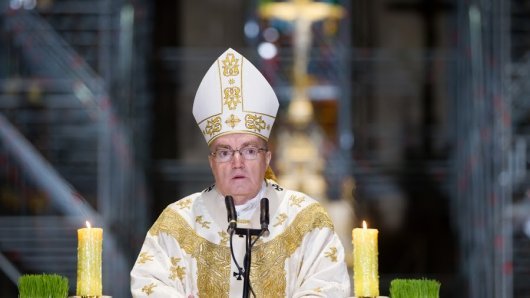The Croatian Democratic Union (HDZ) parliamentary group asked Prime Minister Zoran Milanovic and his cabinet on Friday to resign to enable "citizens to benefit from Croatia's EU entry, and not just suffer damage and shame."
The request was made by MP Zeljko Reiner after the strongest opposition group requested a recess, expecting Milanovic to tell MPs and the public why the government yesterday, despite announcements, did not define amendments to the law on the European Arrest Warrant (EAW).
The government has informed the European Commission in a non paper that it will align the law with European demands as swiftly as possible, but the government did not discuss this at yesterday's session.
"The prime minister and the government are abusing the patience of the parliament, citizens and the EU. Since they have shown they are incapable of running the country, I call on them, if they care at all about Croatian citizens, to resign, so that citizens can benefit from Croatia's EU entry, and not just suffer damage and shame," said Reiner.
He accused the government and the prime minister of a "fickle, two-faced, cynical and arrogant stance towards European institutions," saying "now we can see that their goals were not pro-European."
"Croatia has politically left the Balkans, but unfortunately, the Balkans remains deep in the hearts of some," Reiner added.
He warned that according to the German media, Croatia had, from a model, become a frightening example to the other countries in the region. "The damage such as no one has caused Croatia since the war will evidently impact the other countries in the region."
Independent MP Jadranka Kosor said Croatia changed the EAW law three days before joining the EU and behaved contrary to what it signed.
She said the PM should come to parliament when the government prepared the amendments to the law, which she expects next week, recalling that her group had moved amendments to the law to lift the time limit in EAW application but that the parliamentary majority decided not to discuss them.
Commenting on the alleged dispute between the government and European Justice Commissioner Viviane Reding, Kosor said Reding had always been willing for dialogue.
Commissioner Reding was a strict supervisor during Croatia's accession negotiations, but when she saw that we worked hard, she helped us and is among those deserving credit for the fact that post-accession monitoring was not imposed on Croatia, said Kosor, who was prime minister when Croatia signed the EU accession treaty.
She said the alleged compromise the government was preparing, to enforce the changed EAW law on January 1, 2014, was not good because the accession treaty stipulated that the EAW law went into force on July 1, 2013, when Croatia joined the EU.




































